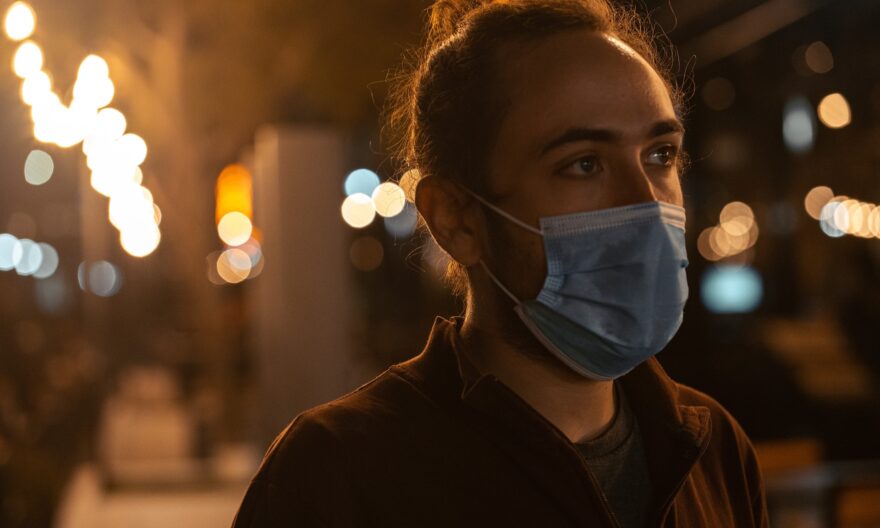
For most people with Covid-19, it takes up to a few weeks to make a full recovery. However, for some people, symptoms can last longer and lead to a condition called “long Covid”.
As this is a new condition, researchers are still looking into the long-term impacts, but some of the most commonly reported symptoms include extreme tiredness, shortness of breath, muscle aches, loss of smell or taste, brain fog, chest pain, dizziness, or a persistent cough.
Researchers are also currently trying to find ways to reduce the risks of a long illness, and a recent study published in Jama has found that diet could be a contributing factor.
The study analyzed the data of 2,000 people who tested positive for Covid-19 between April 2020 and November 2021 and looked at six lifestyle factors: BMI, smoking, alcohol consumption, diet, exercise, and quantity of sleep.
The results show that a healthy lifestyle was associated with a lower risk of long Covid. The participants who were at a healthy level in five out of six areas had half the risk of long Covid as those who weren’t considered healthy in any area.
In addition to this, those with a healthy lifestyle who still suffered from long Covid were around 30% less likely to have severe symptoms that interfered with their daily life.
The researchers noted: “These associations were mainly driven by healthy body weight and adequate sleep. In the past decades, scientists have accumulated evidence that a healthy lifestyle is good for overall health.
However, in the U.S. for example, 70% of the population does not have a healthy body weight and 30% do not sleep enough. Findings from this study suggest that simple lifestyle changes, such as having adequate sleep, may be beneficial for the prevention of long COVID.”
The researchers also speculated that there could be a link between a healthy lifestyle and immune system strength, blood clotting problems, or chronic inflammation, as previous research has already shown that lifestyle factors can impact the chance of severe Covid symptoms.



